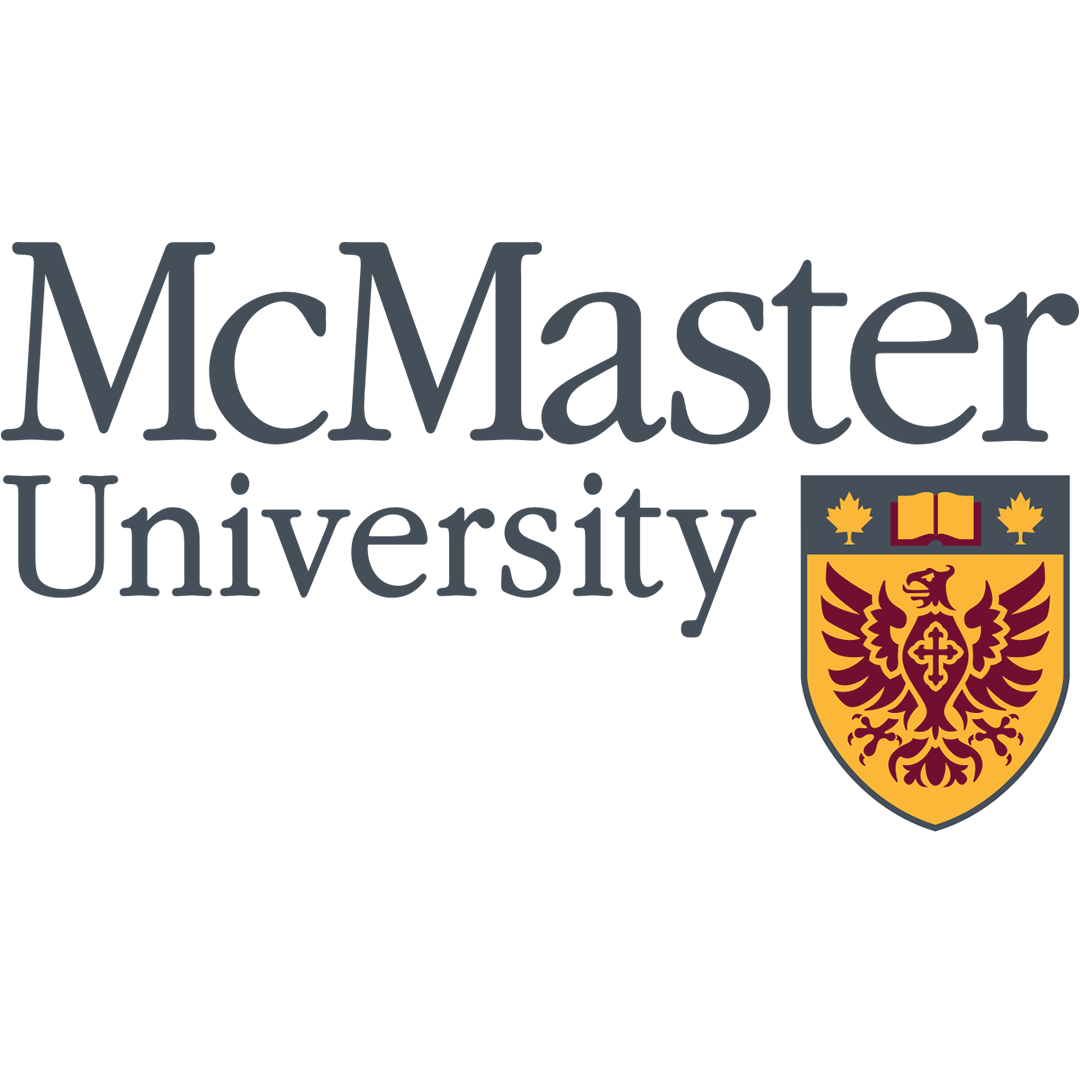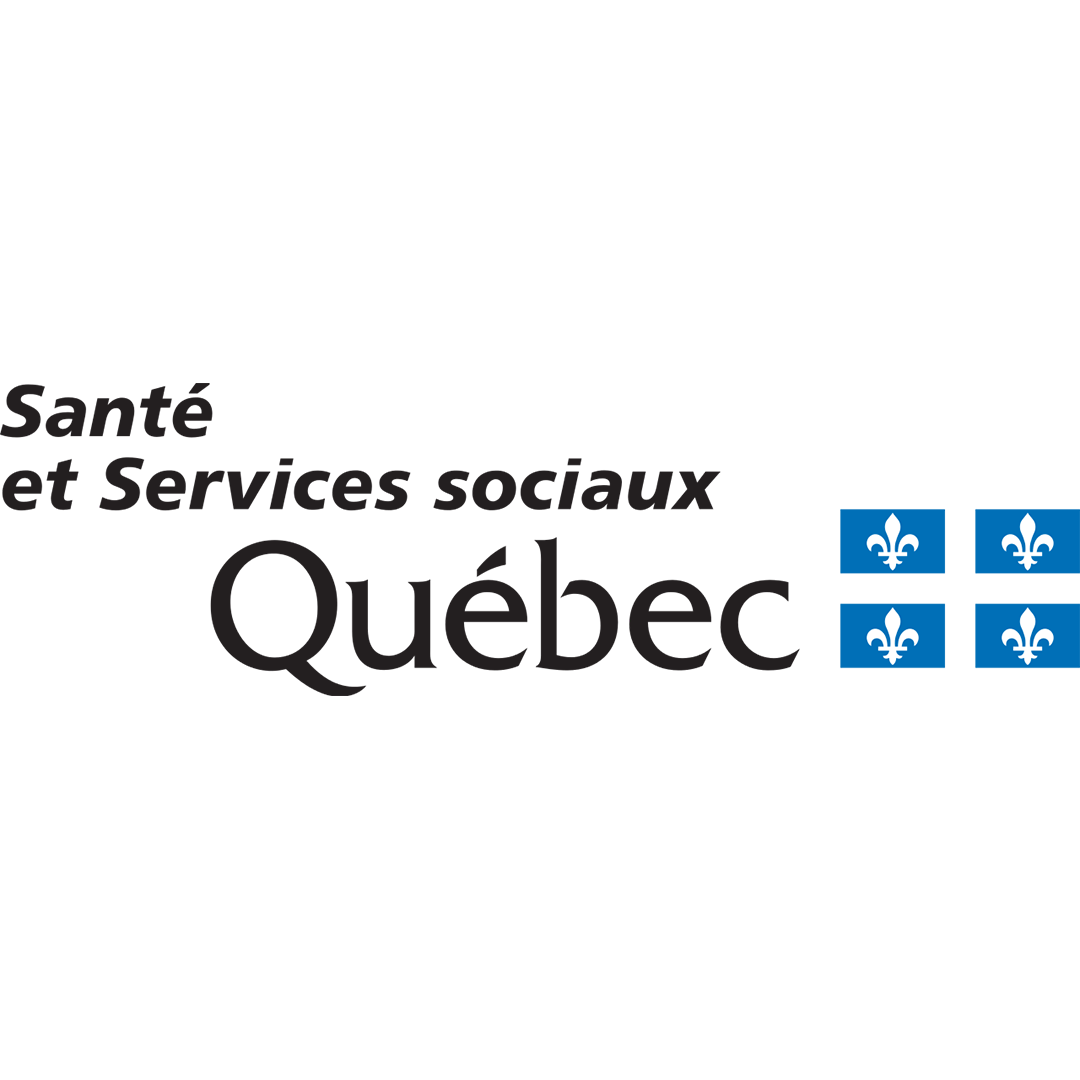Our Intensive Care Units Under Pressure from the Pandemic
On May 28 and June 4, 2022, two citizen groups from Quebec and Ontario will participate in deliberations on this critical population health issue: How do we choose who would have access to intensive care units in the extreme context of a pandemic? Under what criteria?
Canada has been living in the context of a pandemic for the past two years which has led to a dramatic increase in the number of COVID-19 cases and, as a result, of hospital admissions. The high number of people requiring intensive care is coupled with resource scarcity, both human and material. As a result, health care teams are faced with difficult choices when prioritizing intensive care resources to patients who need them most. To facilitate these decisions and to save as many lives as possible, patient prioritization protocols for intensive care resources have been developed in Quebec and Ontario. Prioritization is based on criteria that determine patients’ chances of survival and other principles when survival outcomes are equal. While these protocols are intended to ensure fair and equitable treatment for all, they also raise several ethical issues, as they may disadvantage certain groups of people, or be a source of distress for families and care teams.
Fortunately, these protocols have not been implemented, and the public has not been consulted to date.
The selection of patients who would be given priority for access to intensive care beds and resources is a significant responsibility that society must consider and debate before it occurs. This is why a research team of 12 researchers funded by the Canadian Institutes of Health Research is proposing to gather public input on the subject.
On May 28 and June 4, 2022, two groups of thirty citizens from Quebec and Ontario will meet to participate in an extraordinary democratic deliberation exercise to answer the question: How do we choose who would have access to intensive care units in the extreme context of a pandemic? Under what criteria?
Main steps of participation
A call for nominations is being sent to Leger’s web panel members. Members may apply until April 24, 2022. The INM then selects a group of thirty individuals in Quebec and thirty individuals in Ontario according to criteria that represent the diversity of the population in both provinces (regional, generational, ethnocultural, gender). The selected candidates will be contacted in May 2022.
Participants receive a questionnaire outlining the context of the process, challenges and questions regarding the decision-making process involved in triage protocols.
The selected participants then attend a one-day information session during which expert presentations allow them to deepen their knowledge and thoughts on the subject. Several issues are addressed, including:
- The context and issues of prioritization in intensive care.
- The prioritization model studied by the research team (criteria and decision grid), the advantages and disadvantages of the model and a comparison with a scenario in which access to intensive care is not prioritized.
- The ethics and principles of health care decision making.
- The social issues and health impacts of this type of health decision.
The information meeting is offered in French for Quebec and in English for Ontario.
After a one-week reflection period, members of the two citizen groups are invited to engage in a deliberative exercise to answer the question: In your opinion, how do we choose who would have access to intensive care units in the extreme context of a pandemic? Under what criteria?
The deliberation meeting will be conducted in French for the Quebec group and in English for the Ontario group.
Following this exercise, the research team hopes to disseminate the results as widely as possible in the academic, health and public sectors.
About the research team
The research project is funded by the Canadian Institutes of Health Research (CIHR). Conducted in collaboration with 12 research teams and 7 partners from the health community, it is led by:
Marie-Ève Bouthillier PhD.
Senior Ethics Advisor. Ethics Centre. Center intégré de santé et de services sociaux de Laval. Clinical Assistant Professor. Office of Clinical Ethics. Faculty of Medicine, Université de Montréal.
This research project is funded by the Canadian Institutes of Health Research.
About the INM
The mandate of the Institut du Nouveau Monde is to compose a citizen’s group representing the diversity of the population and to lead the deliberation sessions. The INM is an independent and non-partisan organization whose ambition is to increase citizen participation in democratic life.
The INM’s work encourages citizen participation and contributes to the development of civic skills, the strengthening of social ties and the enhancement of democratic institutions. The INM team is driven by the conviction that citizen participation strengthens democracy.
Contacts
Do you have any questions?
Nathalie Francès, Project Manager at the INM
Phone number : 1 877 934-5999 (toll-free), ext. 227
Email adress : nathalie.frances@inm.qc.ca
Élisabeth Fluet-Asselin, Project Manager at the INM
Phone number : 1 877 934-5999 (toll-free)
Email adress : elisabeth.fluet-asselin@inm.qc.ca











